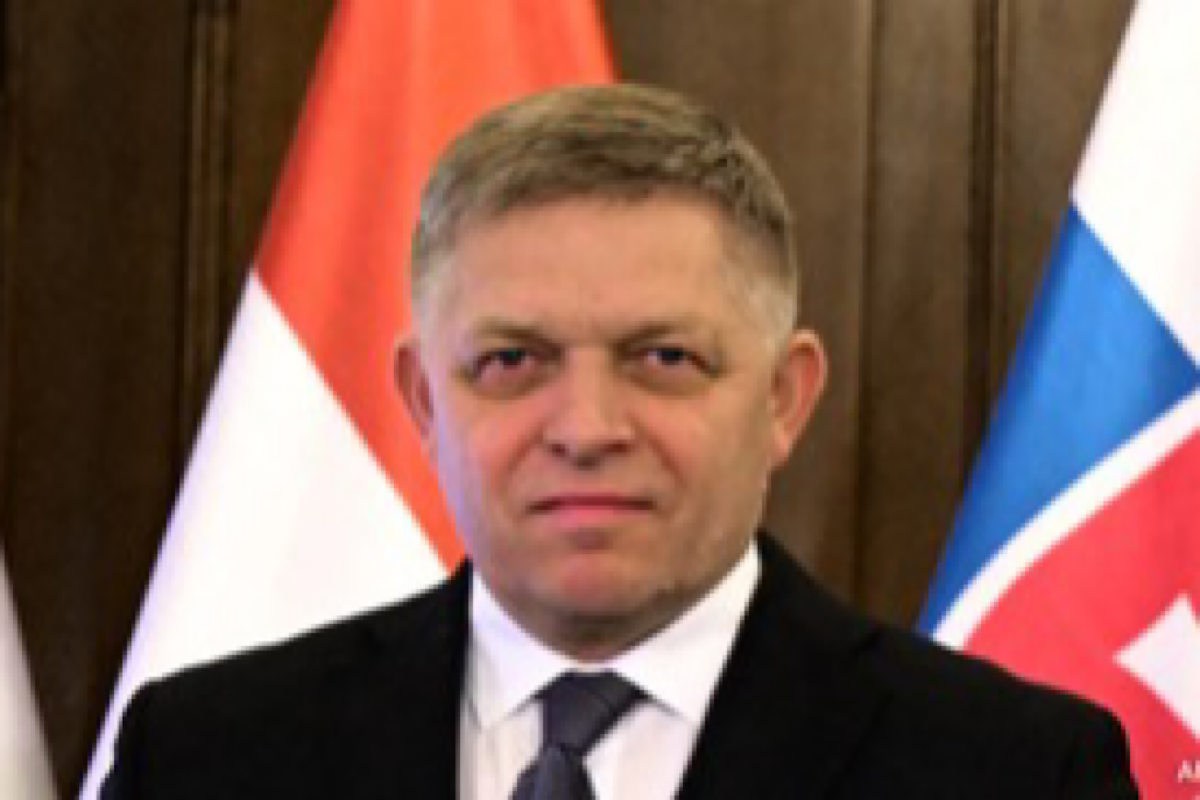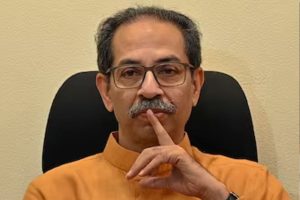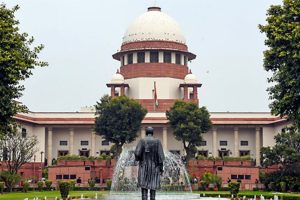The assassination attempt on Slovak Prime Minister Robert Fico is a stark reminder of the fragility of political stability, even in nations where political violence is rare. The incident not only casts a long shadow over Slovakia but also sends ripples across Europe, challenging the often complacent view of security and the nature of political dissent in contemporary democracies.
The fact that the assailant was a 71-year-old former security guard and a writer, not typically profiled as a threat, underscores a troubling reality: societal divisions and political frustrations can drive individuals toward extreme actions. It forces us to question the depth of these divisions and the avenues available for legitimate political expression. Prime Minister Fico, a figure who has dominated Slovak politics for over two decades, has been a polarising leader.
Advertisement
His recent policies, marked by a shift towards a pro-Russian stance amid the Ukraine conflict, and attempts to scale back on anti-corruption measures, have not only intensified domestic debate but have also alarmed Slovakia’s EU and NATO partners. This political climate, where significant policy shifts occur amidst intense public scrutiny and opposition, sets the stage for heightened tensions. The shooting must be seen not just as an attack on an individual but as an assault on the democratic fabric of Slovakia. When political leaders are targeted, it shakes the very foundations of democratic governance, instilling fear and uncertainty. It disrupts the normal process of political discourse and decision-making, as seen by the immediate suspension of parliamentary debate and the postponement of public protests.
In this light, it is critical to advocate for a renewed commitment to civil discourse and to vehemently reject violence as a form of political expression. Political disagreements, no matter how profound, must be navigated through dialogue and within the frameworks of law and democracy. The Slovak government and its leaders, irrespective of party lines, must come together to reassure the public and ensure that comprehensive measures are taken to safeguard all political figures without stifling public interaction and accessibility. This incident should also serve as a catalyst for addressing broader issues within Slovak society, including the erosion of trust in public institutions and the need for robust mechanisms to tackle corruption and uphold media freedoms.
Rebuilding trust is crucial, and this cannot be achieved through divisive or authoritarian measures but through transparency, accountability, and genuine reform. Internationally, the outpouring of support for Fico and condemnation of the attack reflects the universal respect for democratic norms and the collective responsibility to uphold them. It is heartening to see global leaders unite in their stance against violence, reinforcing the need for solidarity in defending democratic values. As Slovakia navigates through this challenging period, it is imperative that all stakeholders work together to foster an environment where political engagement is safe, respected, and constructive.











